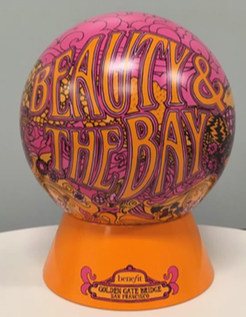A Win is a Win!
B.E. Technology LLC v. Facebook, Inc., Appeal No. 18-2356 (Fed. Cir. Oct. 9, 2019) identifies what it means to win in a case. More particularly, the Federal Circuit explained how to determine whether a party is “the prevailing party.” B.E. Technology (“B.E.”) brought a patent infringement suit in district court against Facebook and the case was stayed pending inter partes review. The Patent Trial and Appeal Board ultimately held the claims of the patent in question to be unpatentable, which was confirmed on appeal.
Read More

